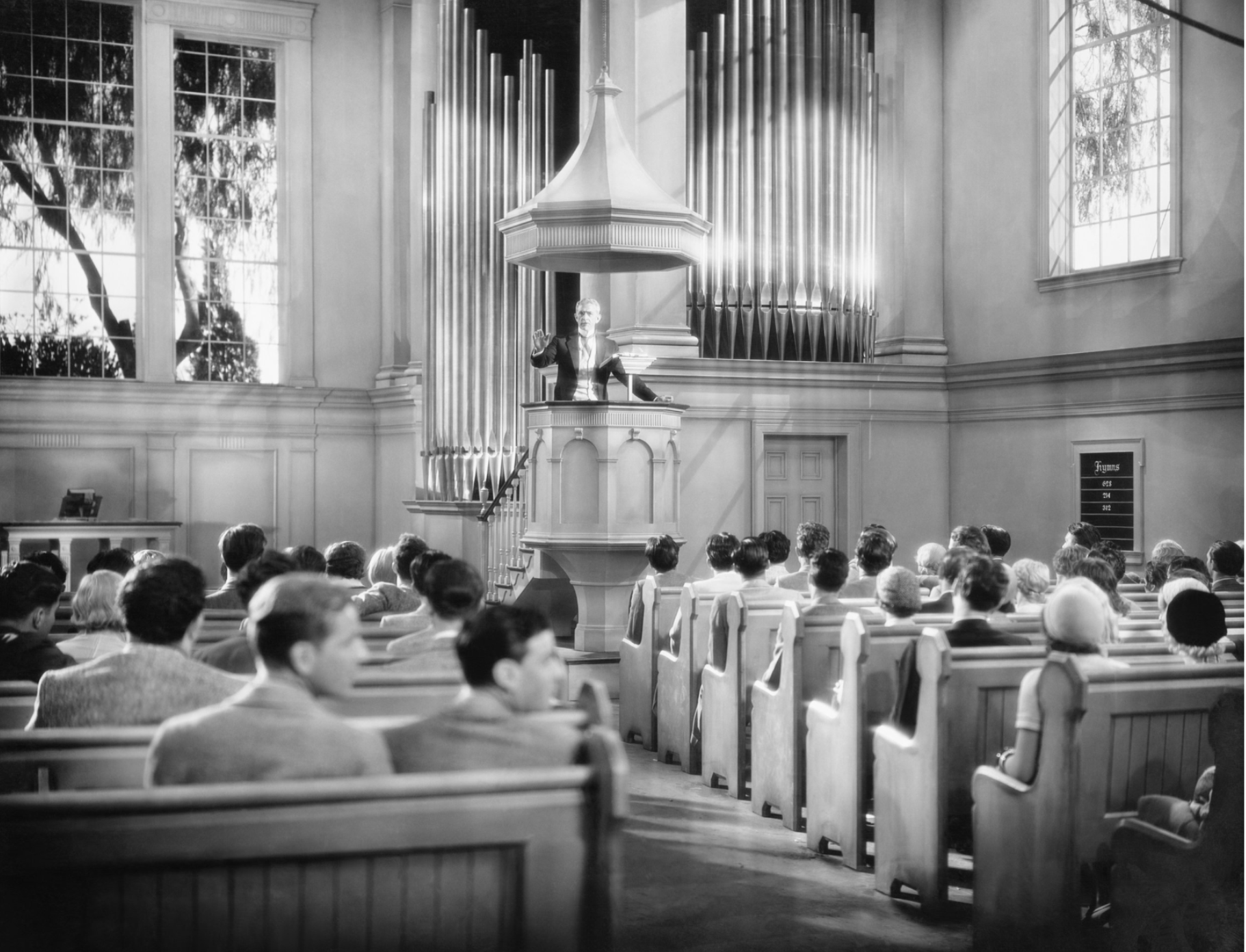Allow me to share a story from a friend who posted on social media recently. I hope it encourages you. Because when you minister to even one, you are often ministering to many others too.
“Last night at church, my husband and I were sitting with our daughter Peyton and our son Carson alongside our daughter's friend and her parents. Our girls, Peyton and Carly, each have a disability. In the middle of the sermon, Carly got a little giddy and couldn't stop giggling. Her dad ended up taking her out so she could walk around and calm down a bit.
A couple of minutes after they left the sanctuary, our 12-year-old son leaned over and whispered to me. He said, "Another bonus about this church is that not one person turned around and stared or acted annoyed when Carly got excited like everyone always did to Peyton at our old church." I smiled and nodded. Then, as I sat there trying to wrap my brain around the fact that my young son had the insight and depth to recognize this, I couldn't hold back the tears. There was so much truth to what he observed.
This morning, I took some time to talk with Carson about what he shared with me at church last night. He told me, "I just sat there thinking, so this is what it feels like to go to church and have people accept you. That was a first."
I'm sharing this in hopes that others will be encouraged to continue serving families affected by disability. I know it's not always easy work, but it's so incredibly needed, worthwhile, and impactful to the body of Christ. I am thankful for leaders who are answering God’s call and it’s really a call to all of us!”
I join my friends, saying, “Yes! And YAY, church!”
Was this church always gracious? Does the family of this young lady whose parent escorted her out of the service appreciate how accepted their daughter is? To tell you the truth, they may not. Because, even if people don’t turn around or seem to take notice, it’s too easy for a family like this to assume that people are just being polite. I know families who face this situation regularly and simply feel tolerated. How do I know this? I am one of those families. And the young lady in this story named Carly? She’s my daughter.
Yes, it’s gotten easier for us to worship as a family. We’ve been working with Carly for over 21 years to help her learn to behave respectfully in church. The muscles in our necks still tighten every single time she starts to wiggle. We want to avoid inadvertently rewarding her vocalizations with a hallway walk while also respecting the rights of others to worship. Make no mistake, every time a child like ours gets restless, there are self-conscious family members trying to decide when is the best moment to whisk them out as unobtrusively as possible. We worry about the distraction Carly is to the congregation and the pastor who is giving an important message. And we don’t sit near the back because the farther Carly is away from the main event, the more likely she is to get restless sooner in the service. Staying closer to the action actually helps her stay focused and attentive. But that makes the walk from our seat to the back door feel very long. We’re working toward a goal: uninterrupted, inclusive family worship. So the effort to find balance and maintain respect is a tender one — for everyone in the room.
Maybe you’ll be interested to know that this story comes out of a church that has no official disability ministry. There is no “program.” They don’t offer respite nights. They try very hard to organically meet the needs of individual families who worship there. Perhaps understandably, staff doesn’t want anything on their website about special needs for fear that they’ll have a deluge of families needing accommodations they aren’t equipped to provide. They have trouble getting enough volunteers for the regular children’s program and can’t imagine how they would get even more help with students who have unique needs. Sound familiar?
Despite its weaknesses and limitations, this church has become quite welcoming of distractible friends in their congregation. In fact, this is a congregation that several individuals and families affected by disability call home. This is a church-in-progress. It’s a church family becoming an increasing reflection of Christ. The culture is shifting. God is growing fruit. The atmosphere is warm and the aspiration is to do better together. In fact, they are currently working on a 6-week disability awareness series expected to launch later this summer. They realize there is a lot they don’t know or understand. And they’re excited to learn and grow as a community.
Jesus responded with caring to those who were distracting, even when it was quite inconvenient for him (Matthew 14:13-22, Mark 1:35-39, Mark 5:21-34, Luke 5:17-19, Luke 8:22-24, Luke 12:11-21). He holds the Samaritan up as a model of willingness to be interrupted in order to show care for others (Luke 10:25-37). As Jesus loved even one, He taught many to love.
Let this ignite new layers of passion in us to expand our hearts and widen our doors. May we be churches that minister to the one as well as the whole special needs family, even if we don’t do it perfectly. The reassurance God offered Paul is also a promise to our churches, “My grace is sufficient for you, for my power is made perfect in weakness” (2 Corinthians 12:9).
Lisa Jamieson is the author of books and Bible studies including the Finding Glory series of resources and a delightful children’s book on prayer called Jesus, Let’s Talk. She is founder-director of the Minnesota Disability Ministry Connection and co-founder of Walk Right In Ministries where she serves as a caregiver coach. Lisa and her husband, Larry, have been married over 30 years and have three grown daughters. Their daughter, Carly, has Angelman Syndrome and lives at home with them in Maple Grove, Minnesota.
Check out Red Letter Ink! Carson and Peyton’s mom creates beautiful scripture-based prints, announcements and note cards available at her Etsy store.





